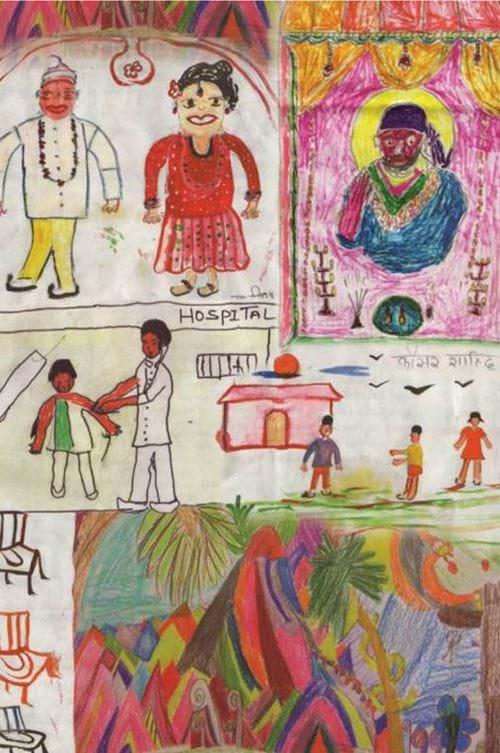Remember Bhopal
28th November 2014

Thirty years have passed since the Bhopal gas tragedy. The leakage of methyl isocyanate (MIC) gas from Union Carbide’s facility in Madhya Pradesh, India went down in history as one of the world’s worst industrial accidents.
An estimated 500,000 people were exposed to the toxic release and whilst estimates vary, the number of deaths arising from the incident certainly exceeded 3,000 with hundreds of thousands injured.
Commenting on the tragedy, Fiona MacLeod, a Chartered Chemical Engineer who visited Bhopal in 2013, summed up the feelings of many Institution of Chemical Engineers’ (IChemE) members: “What happened on the night of 2 December was an unspeakable, terrible, tragedy, and the suffering of those who died, were physically injured or mentally traumatised cannot be overstated.”
Most experts agree the toxic release was caused by a runaway reaction in a tank containing about 40 tonnes of methyl isocyanate, which had come into contact with about one tonne of water.
However, 30 years on, there are at least four competing theories as to the root cause including: the accidental entry of water from a washing operation; sabotage by a disgruntled employee; confusion between a hose containing nitrogen and one containing water; and also the gradual entry of water and other contaminants into the tank over many weeks leading up to the incident.
IChemE’s director of policy, Andy Furlong, believes that all four theories have a common strand: “Whichever explanation you accept, all involve human factors. The stark reality here is that chemical plants don’t hurt people. People hurt people, and even though three decades have passed since Bhopal, we must never stop reminding ourselves that the lessons from the past are there to be learned, and crucially, acted upon.
“It will come as no comfort at all to the people of Bhopal, but the events in 1984 contributed to a major shift in the way that industry views process safety. There has been a move towards inherently safe design, significant reduction in the quantities of toxic chemicals stored; better employee engagement, improved emergency planning and a strong focus on human factors. IChemE is supporting work in all of these areas amongst our 40,000 members.”
IChemE has taken several steps to mark the thirtieth anniversary of Bhopal. A special issue of the Loss Prevention Bulletin has been published. The publication, which is being freely distributed worldwide, includes a moving contribution from Fiona MacLeod and features on a range of safety topics related to Bhopal, including a comment by Judith Hackitt CBE, chair of Britain’s Health and Safety Executive.
IChemE is taking steps to provide personal copies to politicians, regulators and global business leaders. In addition, the Institution will make a donation to the Chingari Trust, a non-profit, non-political organisation that works with the victims of the Bhopal gas tragedy and local communities affected by the ongoing presence of the abandoned Union Carbide plant.